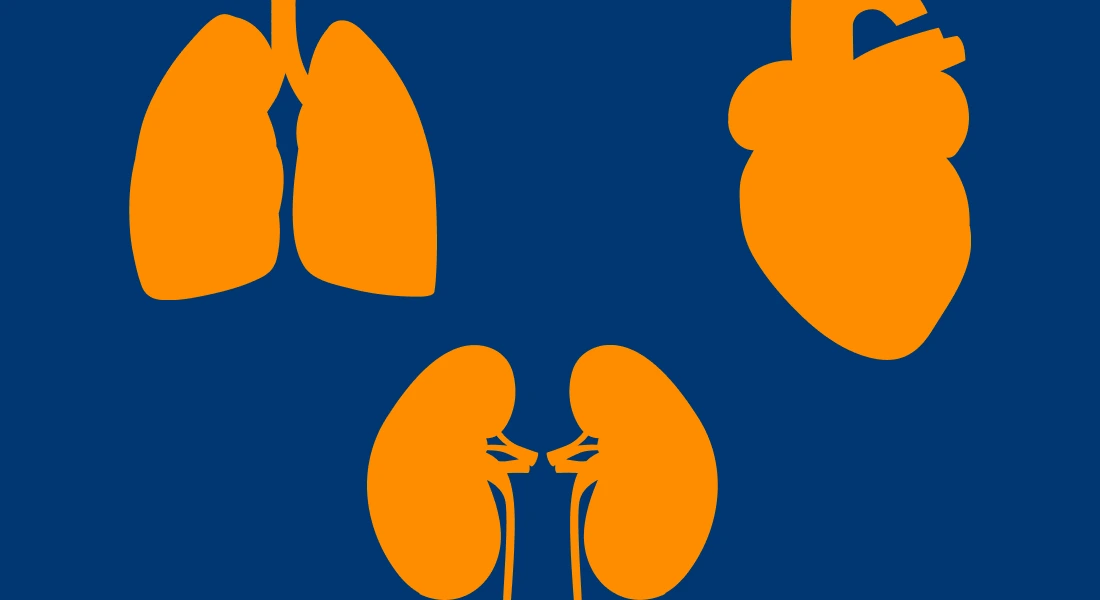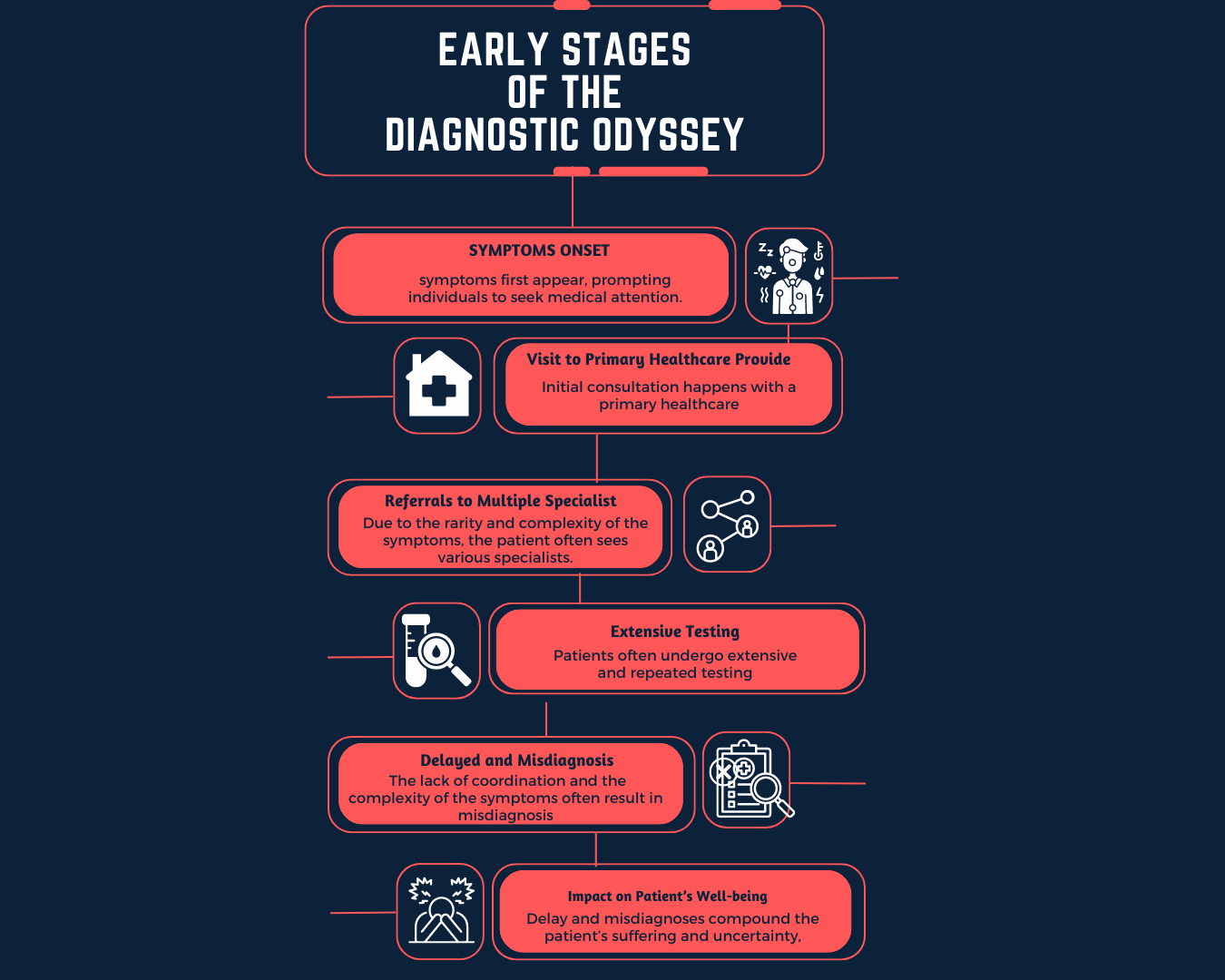Fabry disease actually has available treatments, so early diagnosis can have significant benefits for patients. In the past, when 1,200 patients previously diagnosed with HCM were retested, 20 of them were found to have Fabry disease. It is hard to distinguish between the two diseases based on the symptoms alone since both diseases are characterized by thickening heart muscles, and not all organs are examined during diagnosis. - Dr. Hong interview
What is Fabry disease?
Fabry disease is a rare genetic disorder caused by the deficiency of an enzyme called alpha-galactosidase A. This deficiency leads to the accumulation of a type of fat called globotriaosylceramide (GL-3) in the body's tissues, causing damage to various organs.

Diagnose Fabry disease
Fabry can be diagnosed through enzyme assay, genetic testing, or biopsy. However, it is very difficult fo a physician to suspect a rare disease from patient's symptoms and order theses tests straight away.
The symptoms of Fabry can be variable and nonspecific. It can affect many organs, including the heart, kidneys, skin, and nervous system. In some cases, the first symptoms of Fabry disease may be cardiac-related, such as arrhythmias or left ventricular hypertrophy. However, other symptoms, such as chronic pain, gastrointestinal issues, or skin lesions, may occur before or alongside cardiac symptoms, so getting the right diagnosis may take many visits to different doctors.

Who should be tested genetic testing?
Genetic testing for Fabry disease should be considered in individuals with suggestive clinical symptoms or signs, such as unexplained chronic pain, gastrointestinal problems, skin lesions, or unexplained left ventricular hypertrophy. Additionally, individuals with a family history of Fabry disease or a known GLA gene mutation should undergo genetic testing.
Furthermore, it may also be considered in certain populations, such as patients with unexplained left ventricular hypertrophy or individuals with stroke or transient ischemic attack at a young age.
Red flag symptoms, which are characteristic, strongly suspected Fabry disease symptoms, can be identified through the electrocardiogram (ECG), echocardiogram (ECHO), and magnetic resonance imaging results. If left ventricular hypertrophy (LVH) is mainly found with the short PR interval simultaneously, I suspect Fabry disease. Once LVH is found on ECHO, I check the medical records if there are any other comorbid symptoms such as hypertension. In such cases, it is recommended to perform Fabry screening. - Dr. Kim interview
Genetic testing can help confirm the diagnosis of Fabry disease and identify carriers of the disease. It can also help with family planning decisions and enable early intervention and treatment. Early diagnosis and treatment of Fabry disease can improve the quality of life and prevent or delay disease complications, such as kidney failure, stroke, or heart disease.
Whole exome sequencing for Cardiovascular Disease (CVD)
Whole exome sequencing (WES) is recommended for cardiovascular disease (CVD) screening, including Fabry disease, because it can identify genetic variants that predispose individuals to CVD. It allows for the simultaneous analysis of many genes, including the GLA gene, which is responsible for Fabry disease.
Although each genetic testing company offers a targeted panel sequencing for CVD, to date, a total of 2384 genetic diseases with cardiovascular symptoms have been identified, of which only an average of 251 (about 10%) can be identified by targeted testing.
WES is a comprehensive screening method compared to traditional sequencing methods because it analyzes the coding regions of genes, which contain most disease-causing variants. It can also identify rare or novel variants that may not be detected by traditional methods. It means that WES can provide personalized genetic information that can guide treatment decisions and risk stratification for CVD.
Moreover, WES has become more accessible and cost-effective in recent years, making it a feasible option for diagnosing Fabry disease and other rare genetic disorders. If you're looking for an affordable way to genetically test for your CVD patients, feel free to contact us.
We, 3billion with CLIA-Certified CAP-Accredited lab, will help you!























